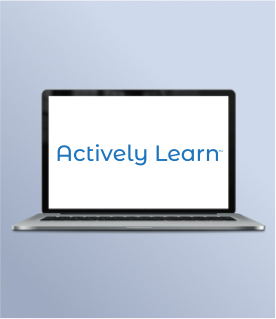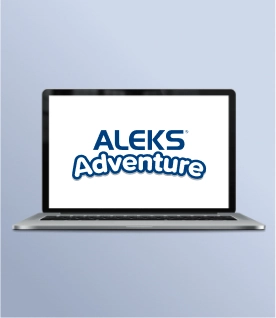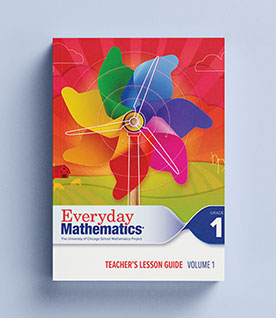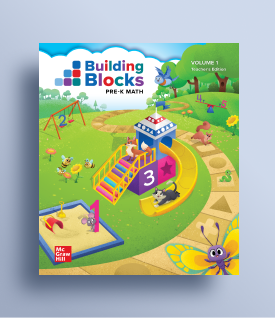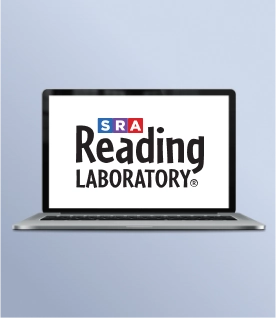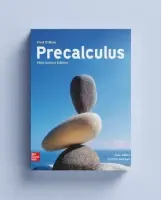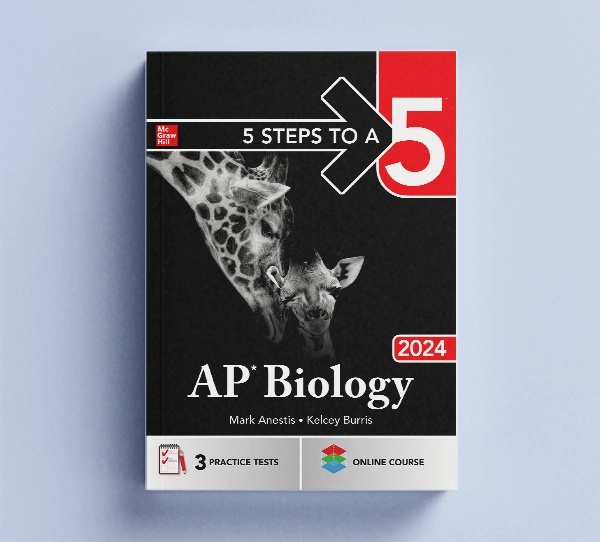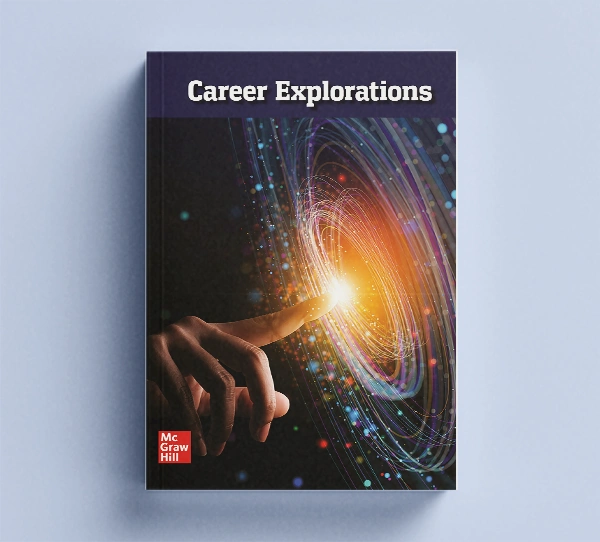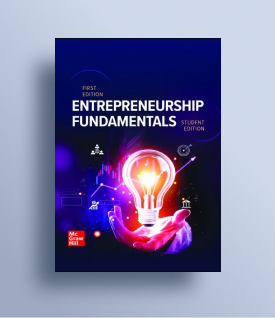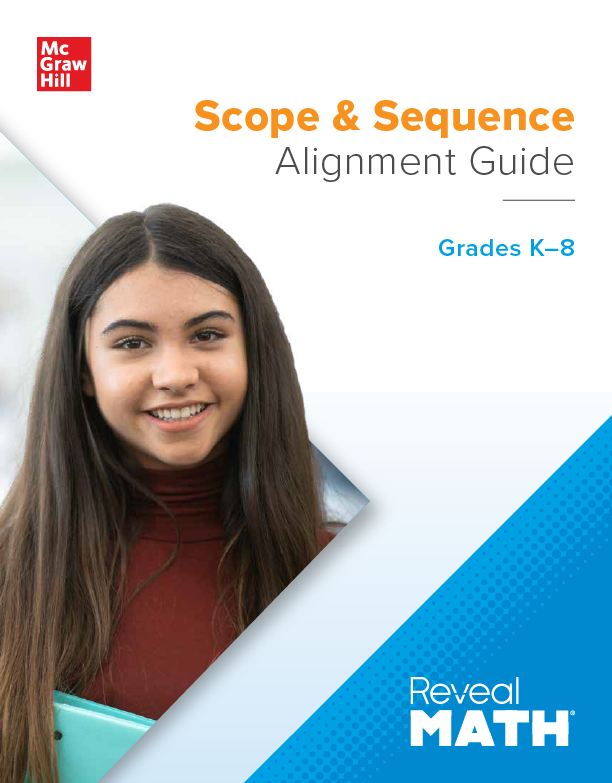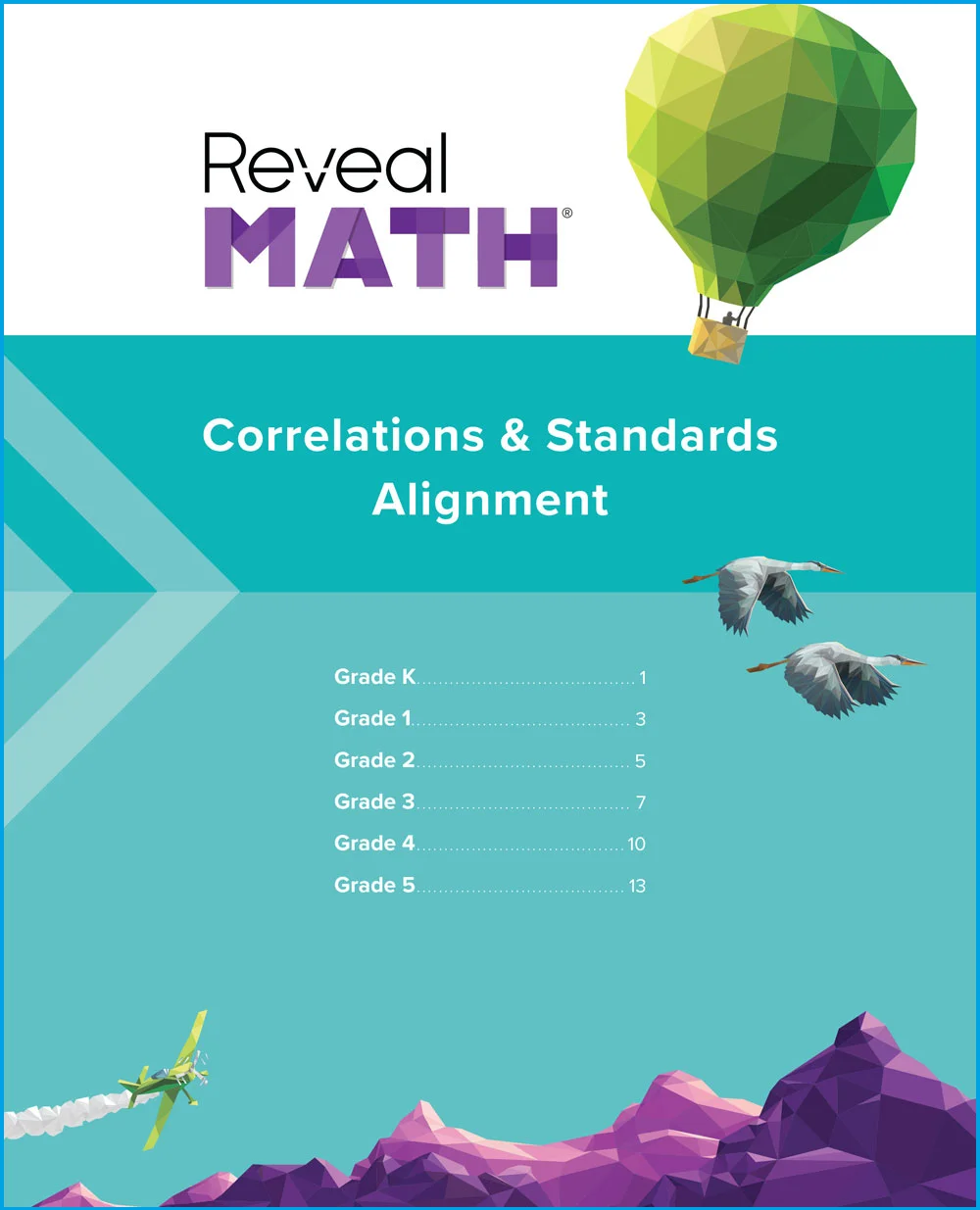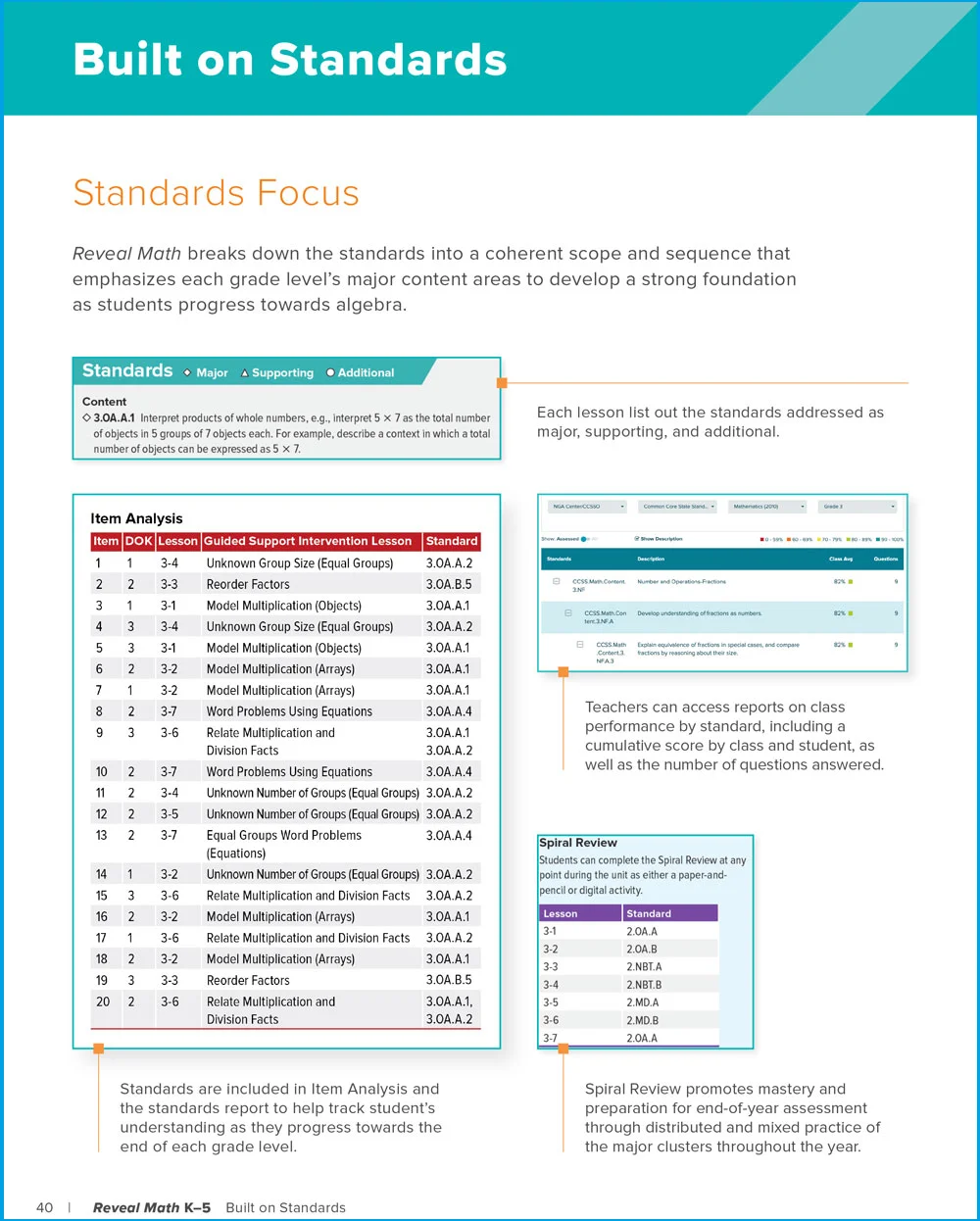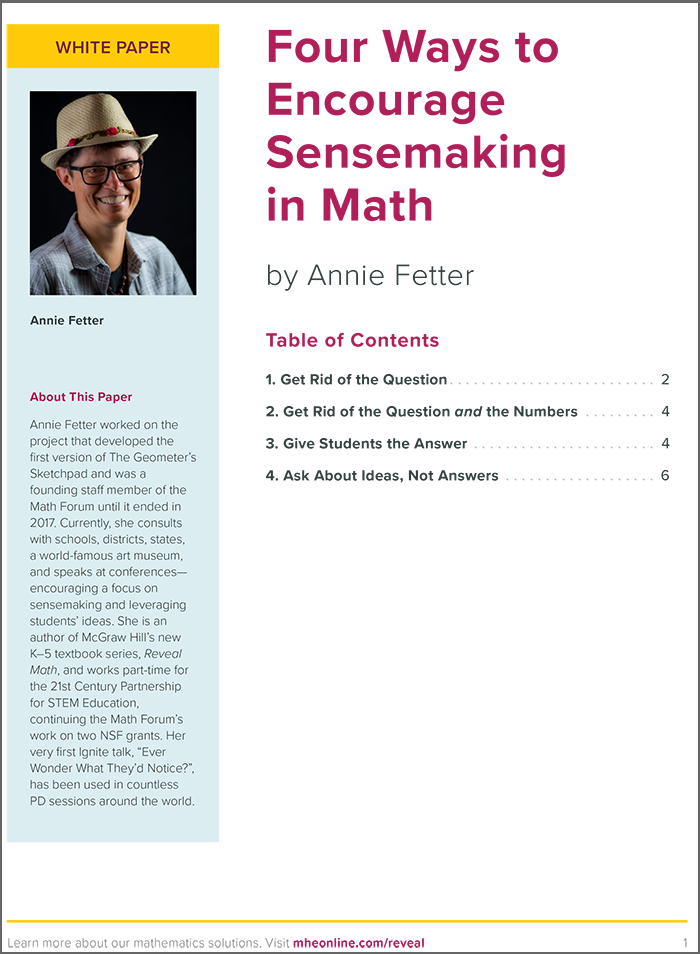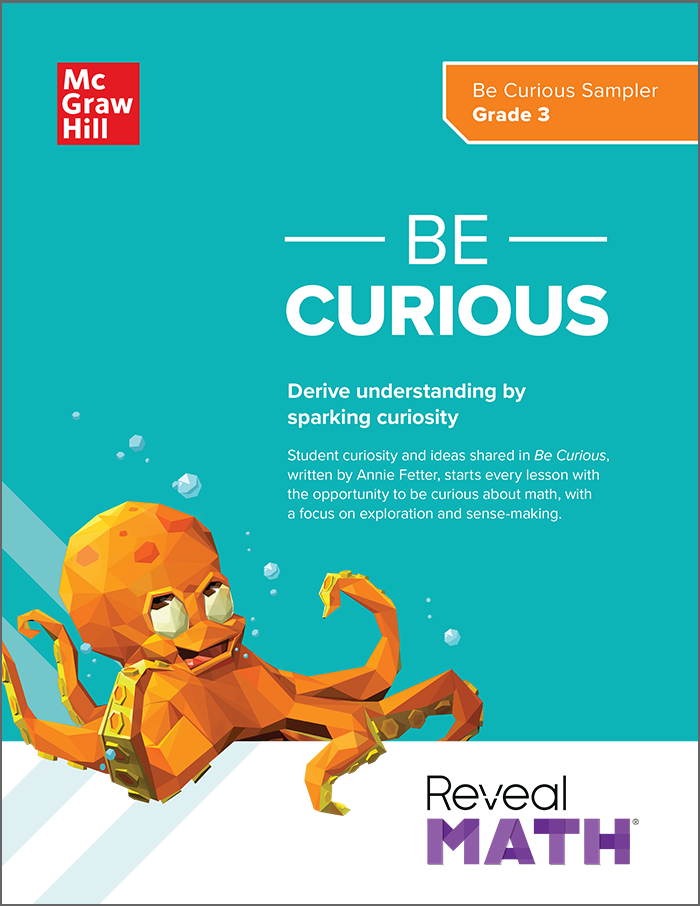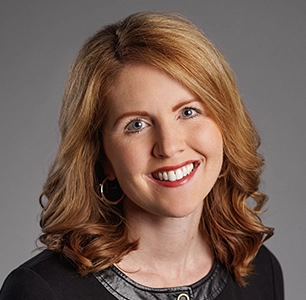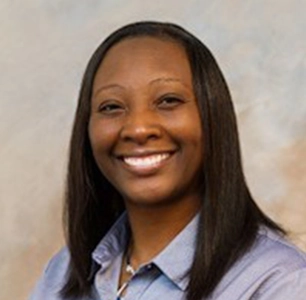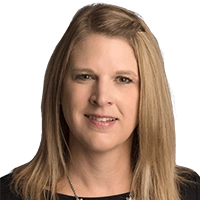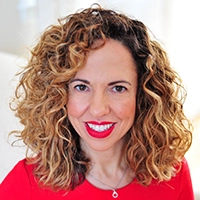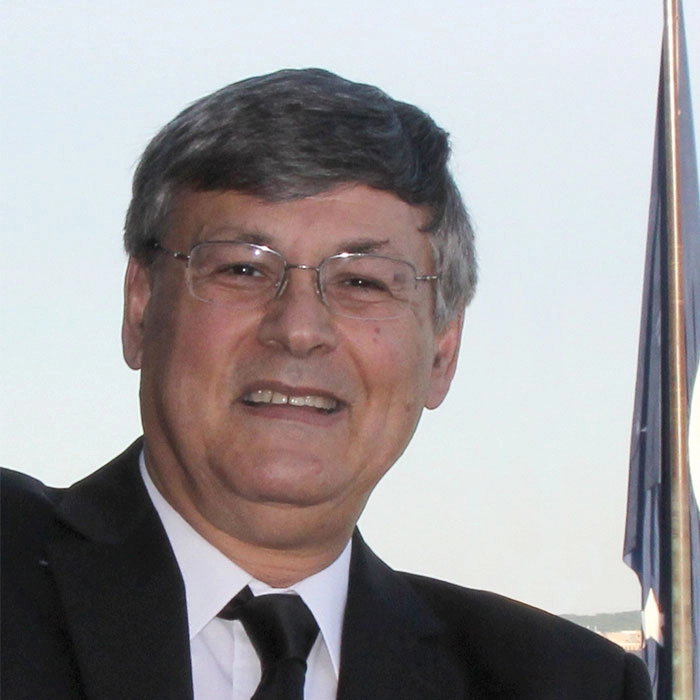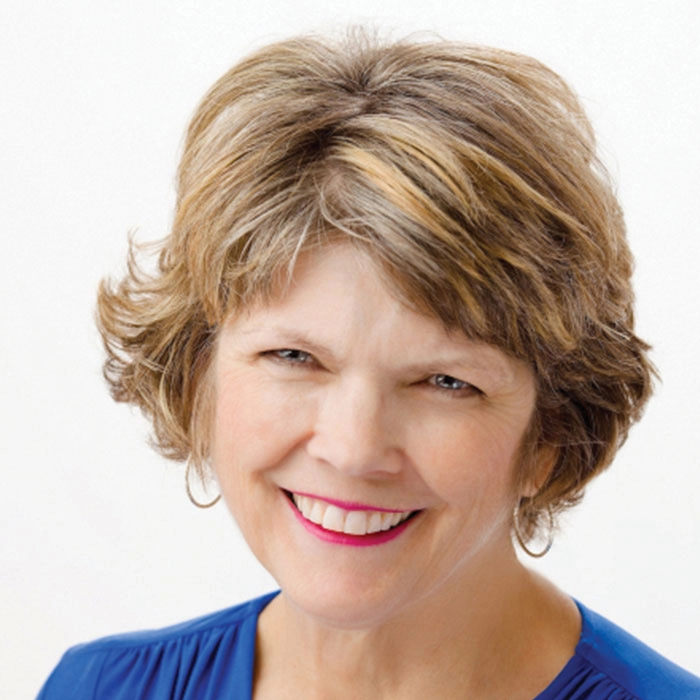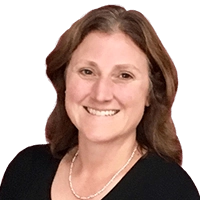My Account Details
Program Foundations
Built on the latest academic research and best pedagogical practices, Reveal Math provides every student with a strong foundation in mathematics and conceptual skills that go beyond the math classroom. With robust differentiation instruction and opportunities for student agency baked into the instructional design, the program empowers every student to build a math mindset and master critical standards.
Pedagogy

K–8 Instructional Design
Reveal Math leverages leading expertise and contemporary research to ensure instruction is standards-driven, routine-based, and taught using the most effective teaching practices.
Reveal Math breaks down the standards into a coherent scope and sequence that emphasizes and reinforces each grade level’s major content areas to develop a strong foundation. Major, supporting, and additional standards are labeled at point-of-use within the Teacher Edition along with the rigor, focus, and depth of knowledge of practice and assessment items where appropriate.
Reveal Math not only addresses the Standards for Mathematical Practice within its instructional design, but it also defines and models the math practices for students. Within the "Math Is…" unit, the first unit of every grade level, students learn how to use mathematical practices while problem-solving. Integrating mathematical practices into the math classroom becomes a daily expectation and is reinforced by "Math Is..." labeling within the Teacher and Student Edition.
The Reveal Math instructional design integrates NCTM’s eight Effective Teaching Practices to ensure an environment that promotes rich learning, deep and meaningful understanding, and mathematical success for all. Embedded supports help teachers facilitate rich discourse and productive struggle with effective questioning techniques and guidance.
ETP labeling throughout each lesson allows teachers to know where specific teaching practices are being implemented for all eight practices:
- Establish mathematical goals to focus learning.
- Implement tasks that promote reasoning and problem-solving.
- Use and connect mathematical representations.
- Facilitate meaningful mathematical discourse.
- Pose purposeful questions.
- Build procedural fluency from conceptual understanding.
- Support productive struggle in learning mathematics.
- Elicit and use evidence of student thinking.
Instructional routines are vital to a productive classroom, providing structure and dedicated time to help students strengthen their understanding. Embedded within every Reveal Math lesson are three types of routines:
- Number Routines support the development of number sense—the ability to think flexibly with numbers. Number sense is an important mathematical foundation and a precursor to higher-level mathematics achievement that requires daily focus. Written by John SanGiovanni, M.Ed., these number routines are found throughout each grade level so that students can develop and refine them as they move from grade to grade.
- Math Language Routines promote mathematical language use and development as part of math instruction—important for all students, especially multilingual learners. Eight routines support the four design principles: Support Sense-Making, Optimize Output, Cultivate Conversation, and Maximize Linguistic and Cognitive Meta-Awareness.
- Sense-Making Routines build sense-making as a foundation for problem-solving and mathematical modeling. Students must make sense of problems first before moving on to solving them. Sense-making routines set the stage for a safe learning environment focused on thinking and strategies rather than just the answer. Instructional moments like Be Curious, Notice and Wonder (created by Annie Fetter), Which Doesn’t Belong?, and Is It Always True? are just a few of the sense-making routines found within Reveal Math.

K–8 Student Agency
Reveal Math engages students in learning by prioritizing student agency—encouraging them to explore at their own pace and discover how math skills transcend the classroom and apply to the real world.

Reveal Math is designed around the belief that all students can be doers of mathematics! That’s why the first unit of each course, the "Math Is..." unit, is dedicated to building a growth mindset while learning math.
Daily "Math Is... Mindset" prompts in each unit and lesson of the Student Edition and Teacher Edition remind students to persist with a growth mindset throughout the course and beyond.
Ignite! activities at the beginning of every unit also promote a growth mindset. These interesting problems and puzzles spark student interest, providing only enough information to spark their thinking—motivating them to persevere through challenges in problem-solving.
Math is all around us in our daily lives. Observing real-world mathematical situations and exploring ideas with curiosity helps to generate excitement and drive student agency. Reveal Math emphasizes this curiosity and sense-making as the foundation to problem solving and mathematical modeling.
- In each Unit Opener, an Ignite! activity works to spark engagement and mathematical curiosity. These collaborative activities designed by Reveal Math contributing author, Raj Shah, Ph.D., are focused on an interesting problem or puzzle, providing limited information and interesting questions to get students thinking and motivated to persevere.
- Ignite! activities support productive struggle and facilitate student discourse in problem solving. For Grades 6–8, the activities follow the STEM-focused theme for the unit and connect to the Mathematical Modeling tasks at the close of the unit
- In each Lesson Opener, a Be Curious activity encourages student curiosity and ideas while considering a problem or phenomena. These low-floor, high-ceiling activities are an opportunity for all students to share and respect each other’s ideas about what they notice and wonder about what they do not understand. Notice and Wonder—developed by Reveal Math author Annie Fetter—is one of four sense-making routines in the program used to build conceptual understanding and make sense of the lesson’s math.
K–8 Differentiation
Differentiation is the cornerstone of effective teaching—and the instructional design of Reveal Math. Our program tailors classroom activities to each student’s specific needs with rich multimodal differentiation, ensuring that every student is appropriately challenged as they uncover their inner mathematician.
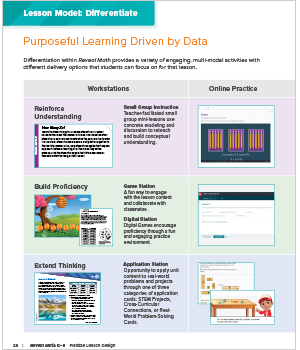
Purposeful Learning Driven by Data
Research & Thought Leadership
We developed Reveal Math in collaboration with leading scholars, researchers, and educators. Our research-based approach to educational equity, student agency, social and emotional learning, and more ensure that students learn in ways that work for them.
Modern classrooms should be served by proven teaching strategies. Check out our Medium blog to bridge the distance between academic research and instructional practice.
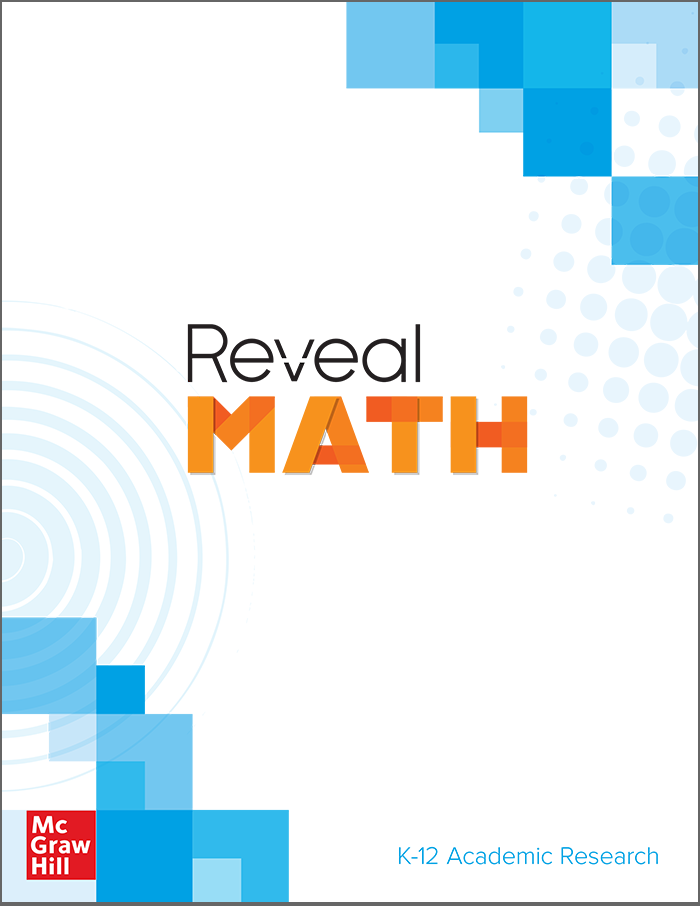
K–12 Academic Research
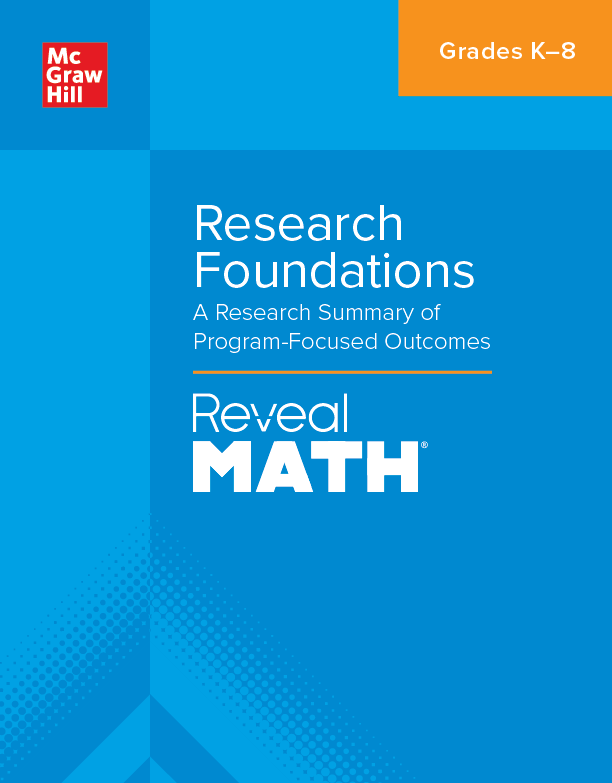
K–8 Research Foundations
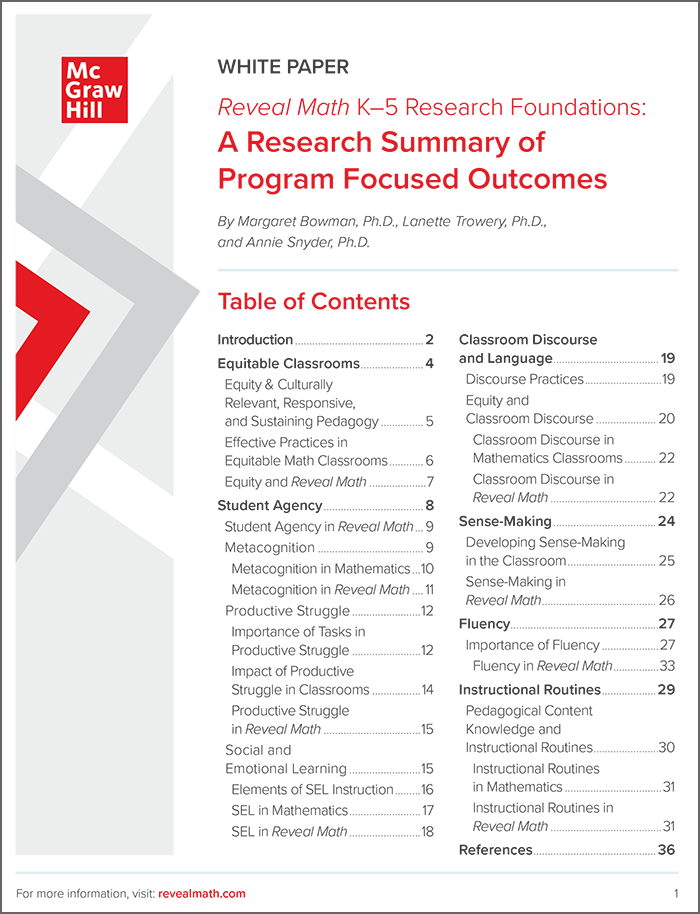
A Research Summary of Program Focused Outcomes
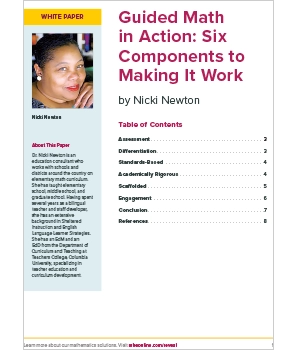
Guided Math in Action: Six Components to Making It Work
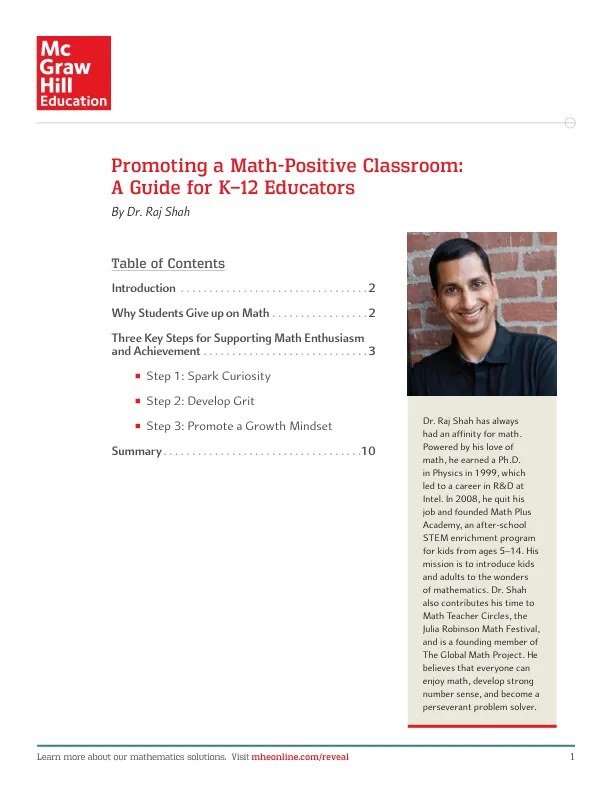
Promoting a Math-Positive Classroom: A Guide for K–12 Educators
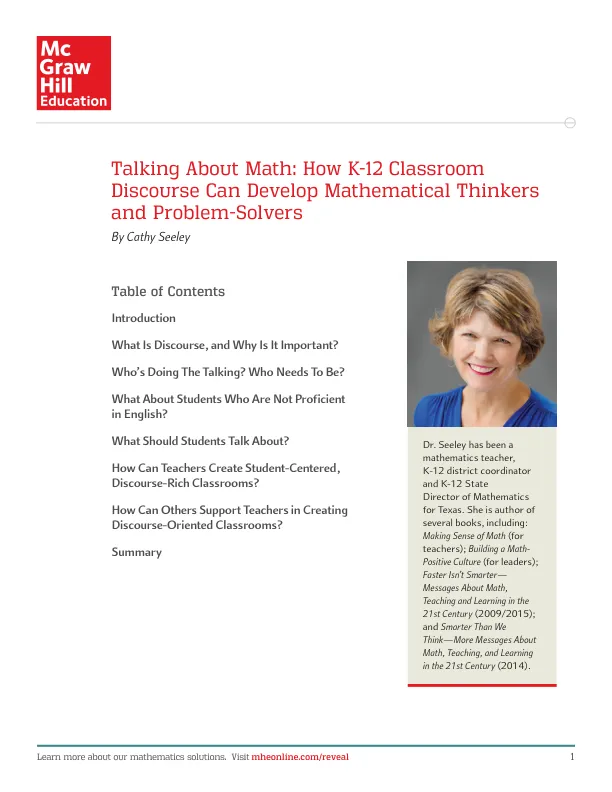
Talking About Math: How K–12 Classroom Discourse Can Develop Mathematical Thinkers and Problem-Solvers
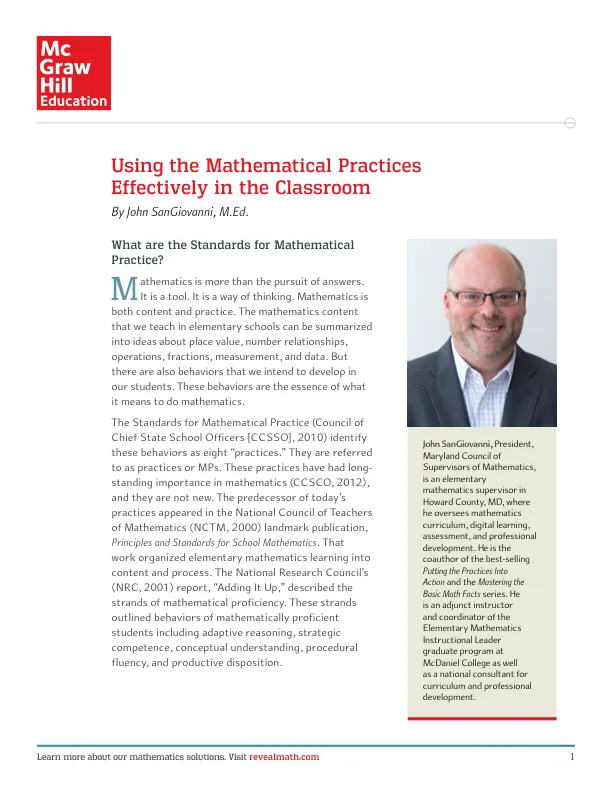
Using the Mathematical Practices Effectively in the Classroom
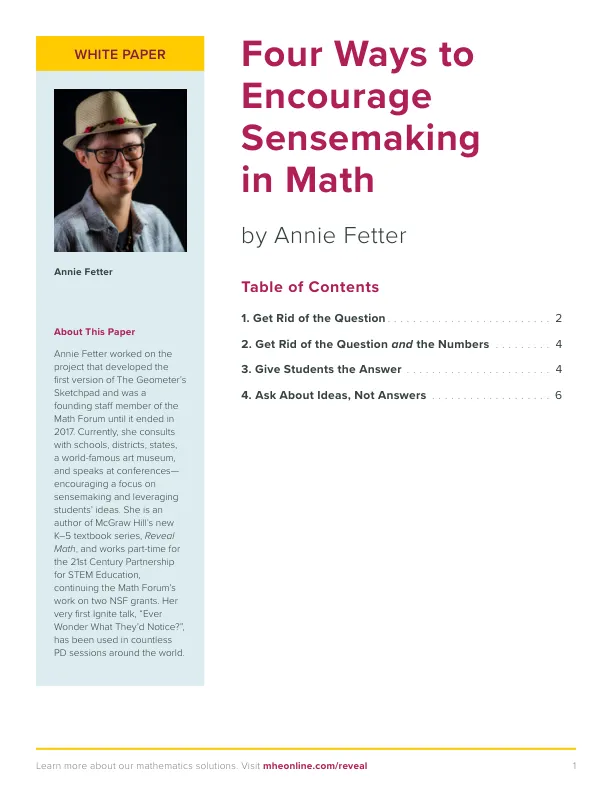
Four Ways to Encourage Sense-Making in Math
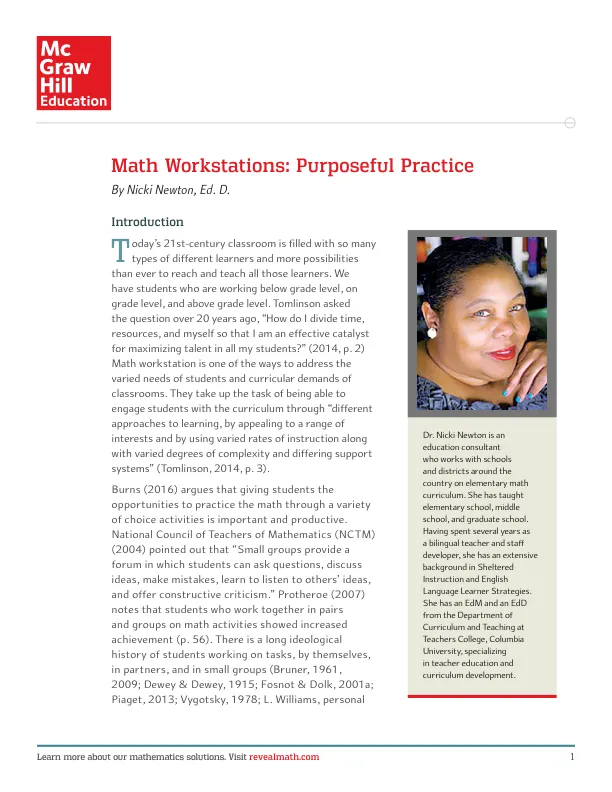
Math Workstations: Purposeful Practice
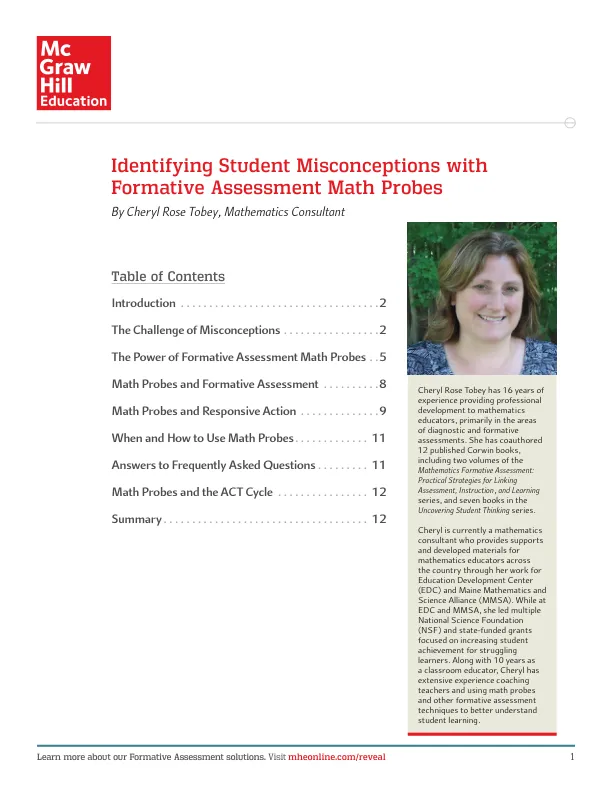
Identifying Student Misconceptions with Formative Assessment Math Probess

K–12 Academic Research

K–8 Research Foundations

A Research Summary of Program Focused Outcomes

Guided Math in Action: Six Components to Making It Work

Promoting a Math-Positive Classroom: A Guide for K–12 Educators

Talking About Math: How K–12 Classroom Discourse Can Develop Mathematical Thinkers and Problem-Solvers

Using the Mathematical Practices Effectively in the Classroom

Four Ways to Encourage Sense-Making in Math

Math Workstations: Purposeful Practice

Identifying Student Misconceptions with Formative Assessment Math Probes




